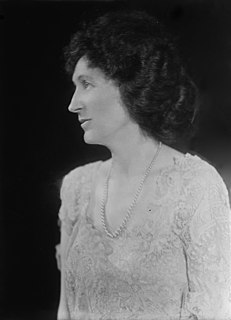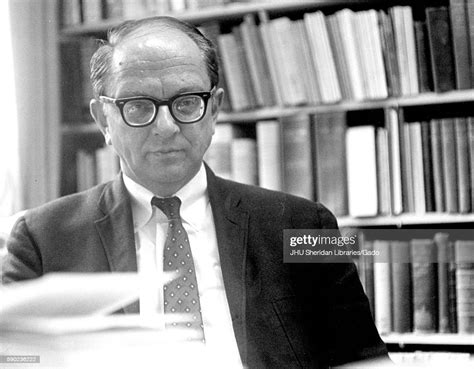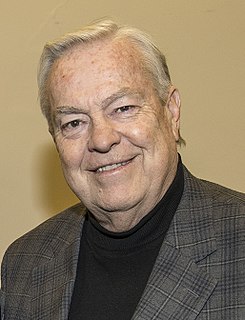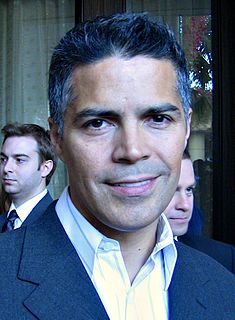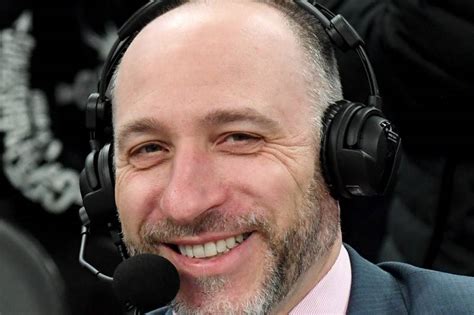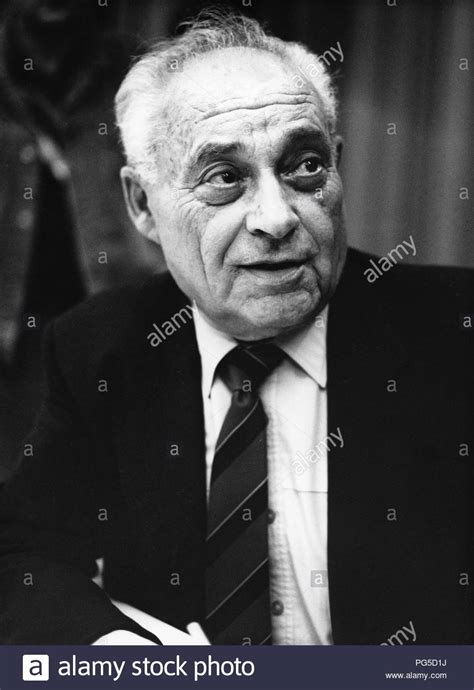A Quote by Hallie Erminie Rives
To my son Hugh, in return for the care and sorrow he has caused me all the days of his life, for his dissolute career and his desertion, I do give and bequeath the sum of one thousand dollars and the memory of his misspent youth.
Related Quotes
When the father dies, he writes, the son becomes his own father and his own son. He looks at is son and sees himself in the face of the boy. He imagines what the boy sees when he looks at him and finds himself becoming his own father. Inexplicably, he is moved by this. It is not just the sight of the boy that moves him, not even the thought of standing inside his father, but what he sees in the boy of his own vanished past. It is a nostalgia for his own life that he feels, perhaps, a memory of his own boyhood as a son to his father.
Many years ago, our father Ibrahim (AS) made a choice. He loved his son. But He loved God more. The commandment came to sacrifice his son. But it wasn't his son that was slaughtered. It was his attachment to anything that could compete with his love for God. So let us ask ourselves in these beautiful days of sacrifice, which attachments do we need to slaughter?
My own son has a congenital heart condition, where his life was saved by a cardiac surgeon stepping in at 11 days of life to save his life. But he is now 21 years old because of constant monitoring and working with him with a primary care physician. that's the only reason now that he's getting to live a long and healthy life. That's what we're not rewarding. They don't have the kind of resources and commitment that we are giving to people like me. I have millions of dollars of equipment available to me when I go to work every day in an operating room.
One of the things that I find most incredible about dad is the third act of his life.After all he accomplished in his professional career and what he's given for his country, at the point in his life where he's faced adversity, losing a son, having a helicopter crash, having a stroke, and what he's accomplished in this third act in his life, I find quite extraordinary.
On occasion I have observed parents shopping to clothe a son about to enter missionary service. The new suits are fitted, the new shoes are laced, and shirts, socks, and ties are bought in quantity. I met one father who said to me, 'Brother Monson, I want you to meet my son.' Pride popped his buttons; the cost of the clothing emptied his wallet; love filled his heart. Tears filled my eyes when I noticed that his [the father's] suit was old, his shoes well worn; but he felt no deprivation. The glow on his face was a memory to cherish.
